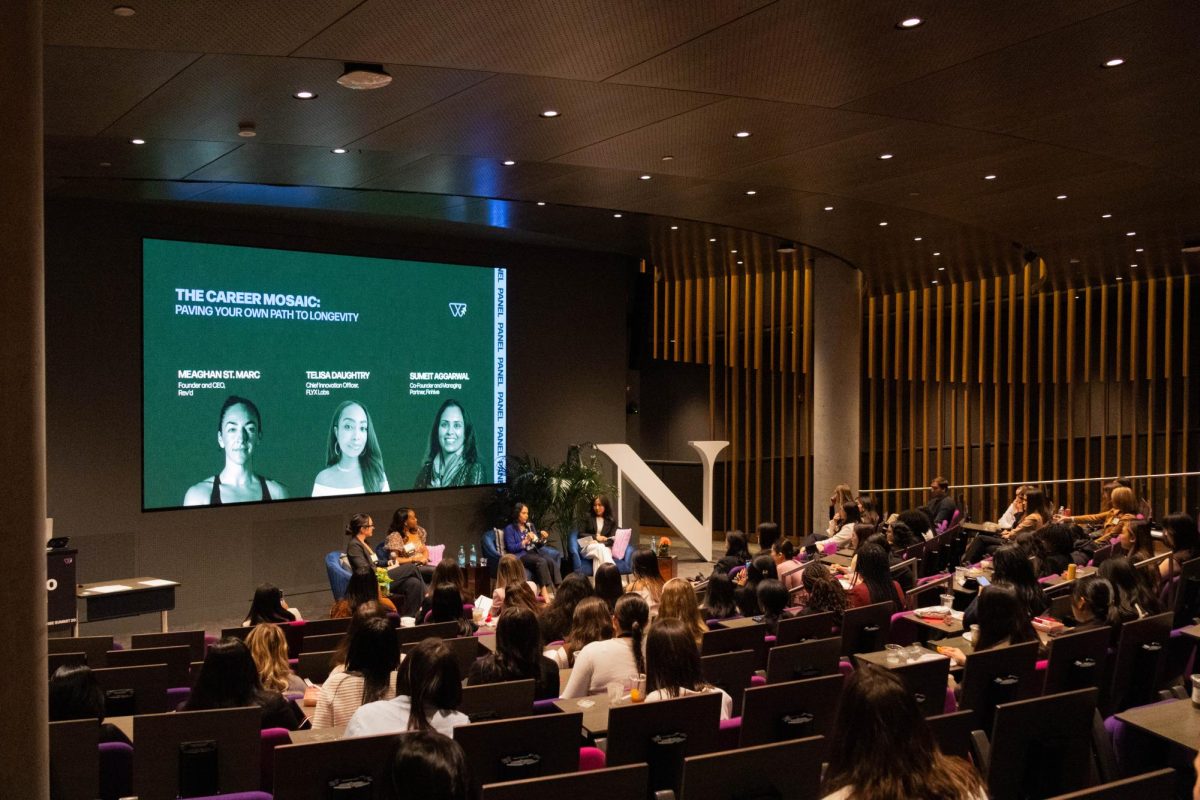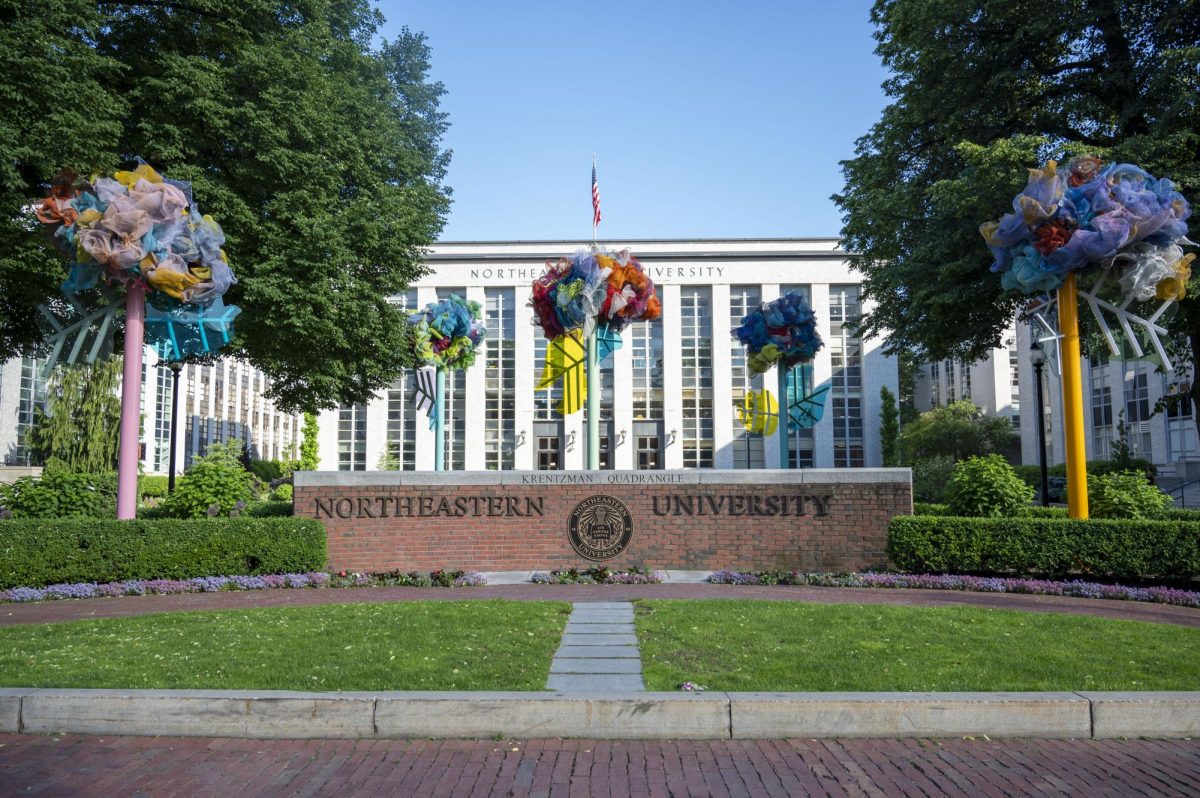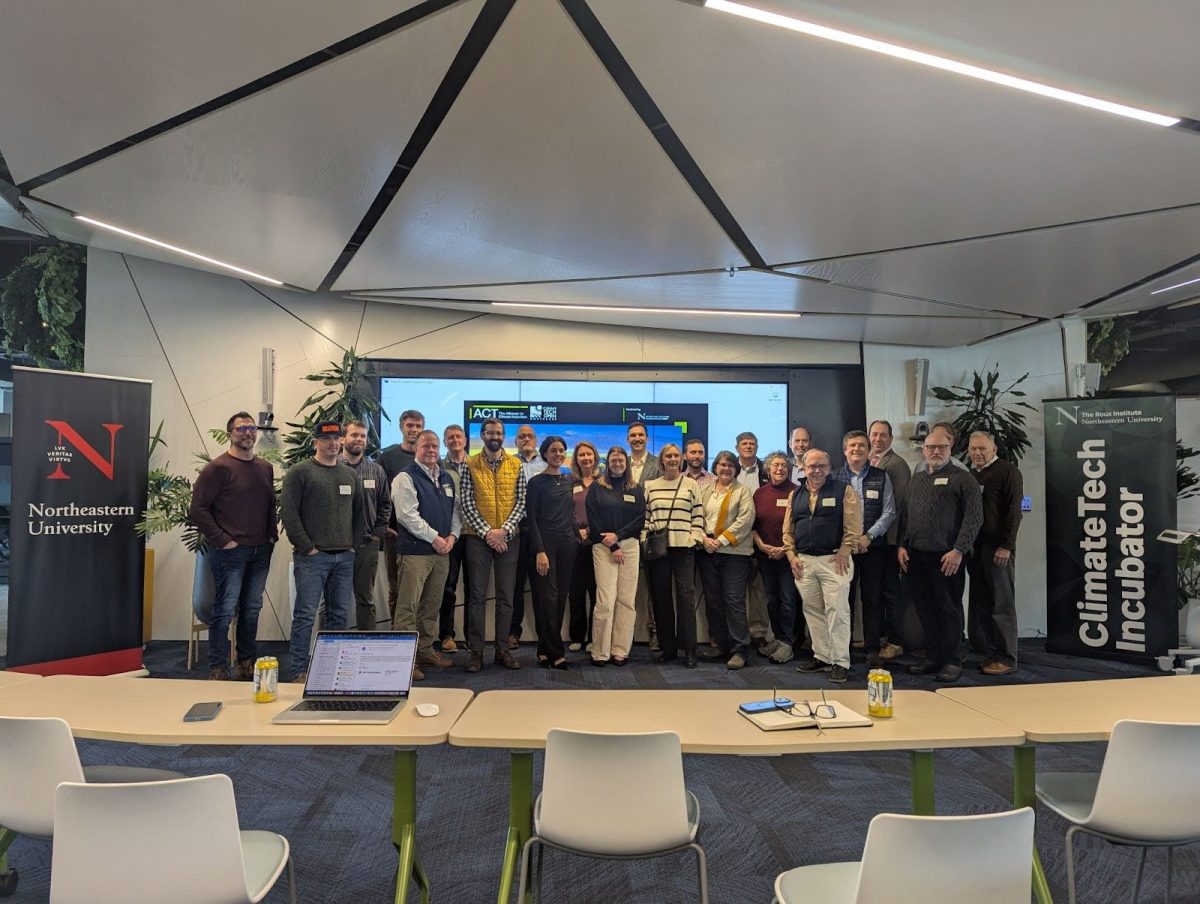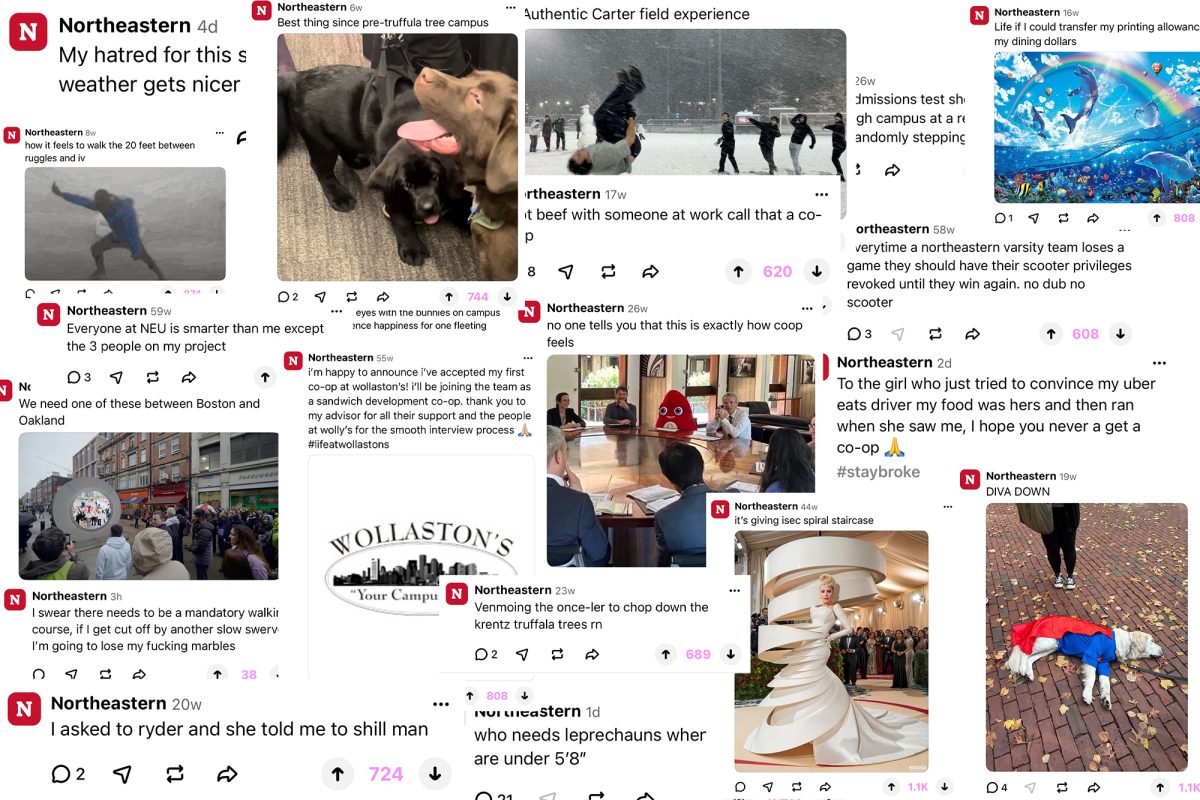By Zac Estrada, News Staff
 Sitting in a solid blue shirt and paisley tie after hours of meetings, Michael Sabo promptly responds to a question about his qualifications for the position of student body president, allowing his SGA political record to speak for himself.
Sitting in a solid blue shirt and paisley tie after hours of meetings, Michael Sabo promptly responds to a question about his qualifications for the position of student body president, allowing his SGA political record to speak for himself.
The 21-year-old criminal justice major from Closter, New Jersey is in his third year on the student governing body and can rattle off a lengthy set of achievements, all, according to him, in the interest of Northeastern’s students.
“I love being in a position to help other people,” he said, “where I can be in a position to get results for students.”
Currently serving as SGA’s Vice President for Academic Affairs, Sabo said he spent years advocating measures he feels are important to the general student body.
One of his first votes as a senator in 2008 was in favor of gender-neutral housing, later implemented in International Village residence halls.
Last year, Sabo worked on an initiative to open four floors of Snell Library 24 hours a day.
“That’s something students make great use of,” he said.
Significantly, Sabo and members of his academic affairs committee are in the final stages of crafting a resolution to address mounting textbook costs. The resolution would require professors to “find the most sustainable options for textbooks,” and find cheaper alternatives for students, Sabo said.
“That means if there’s an older edition that is more usable, use the older edition,” he said.
Sabo said increasing communication and bringing different parts of the university’s administration together “really got the dialogue going between the provost’s office and the bookstore. We brought the two parties together, streamlined the process, and that’s going to bring costs down for students.”
These initiatives were developed out of student concerns, Sabo said. He said he would continue to press the issue for monitoring the needs of the student body if he is elected president.
“We need to re-examine how we reach out to students,” Sabo said. “It needs to go beyond conventional methods. It’s about getting the student pulse.”








